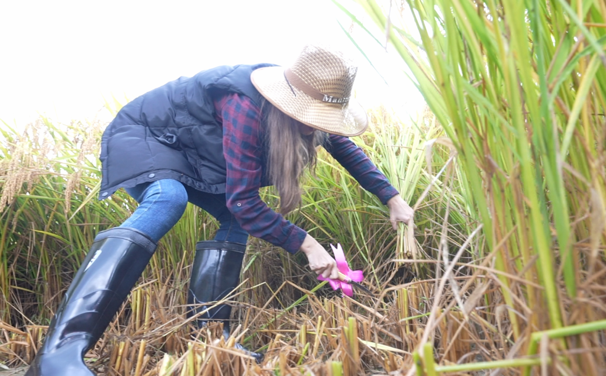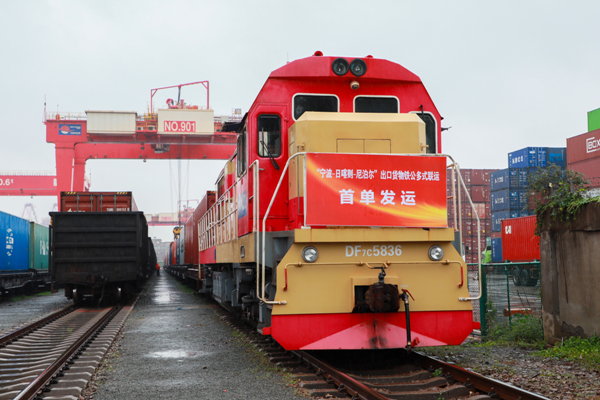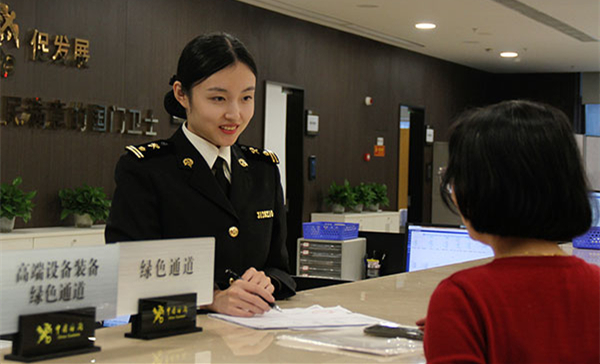Expert calls for fairer, more just intl trade environment
China is proactively expanding imports, encouraging outward investment and broadening institutional opening-up to counter "unfounded" protectionist trading policies and promote win-win globalization, said a renowned economist and policy researcher.
"We still hope to work with other economies to create a freer, fairer and more just environment for international trade and investment," Jiang Xiaojuan, director of the academic advisory committee of the Chinese Public Administration Society, told China Daily in an exclusive interview.
The CPAS is an academic organization providing advisory services on government management, under the supervision of the General Office of the State Council. Jiang is also a professor at the University of Chinese Academy of Social Sciences.
While China will continue improving its business environment, Jiang said it is inappropriate to excessively blame China's investment climate alone for the decline in foreign direct investment inflow, which is partially a result of rising geopolitical risks and the growing competitiveness of Chinese industries.
Jiang's remarks came amid an ongoing trade dispute between China and the European Union surrounding Chinese electric vehicles. On Friday, China filed an appeal with the World Trade Organization, challenging the EU's provisional additional tariffs on Chinese EV imports up to 37.6 percent. In early July, the EU imposed the tariffs, claiming that subsidies benefit the Chinese EV value chain, posing a risk to EU producers.
Jiang said that accusing China of using subsidies to capture international markets is "unfounded and unreasonable" as China's subsidies to EV buyers are now much smaller than the subsidies European consumers receive for buying electric cars.
Meanwhile, Jiang said it is understandable that some countries feel the pressure from the rising global competitiveness of Chinese industries, given the sheer size of China's economy. "Therefore, China has also taken many measures. We are working hard to expand imports."
While the EU levied additional tariffs on Chinese EVs, several local governments in China, such as in Fujian and Jiangsu provinces, have included global EV maker Tesla in their government procurement lists.
China has held import expos and encouraged Chinese companies to invest and set up factories abroad, so that they can not only offer products with advanced technology, but also create jobs locally, Jiang said.
"China hopes to promote trade and globalization together with other countries to achieve mutual benefits. In this process, all the measures (taken by any countries) must be reasonable and rules-based," she said.
The resolution adopted in July at the third plenary session of the 20th Central Committee of the Communist Party of China said that China will further reform the management systems for both inward and outward investment and steadily expand institutional opening-up.
Jiang said that promoting institutional opening-up would require China to step up domestic reforms to further align industrial practices with international standards — such as regarding intellectual property rights and green production.
She said that the resolution also made it clear that China will continue to improve its investment climate. This includes opening sectors such as telecommunications and medical services that foreign investors are particularly interested in, as well as creating a predictable institutional environment where foreign players have equal access to production factors and compete on an equal footing with domestic ones, either private or State-owned.
Jiang added that China's increasing emphasis on national security does not mean that the nation will contain all industrial chains domestically. China can, through wider opening-up, raise its technological and industrial capabilities faster, which is the foundation for security.

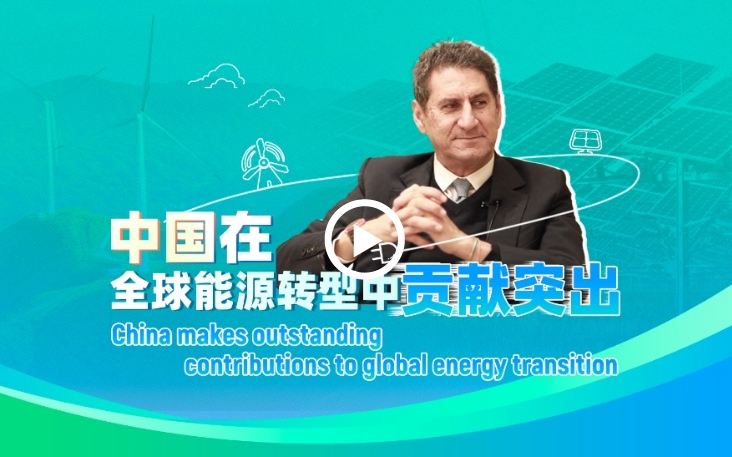 China makes outstanding contributions to global energy transition
China makes outstanding contributions to global energy transition 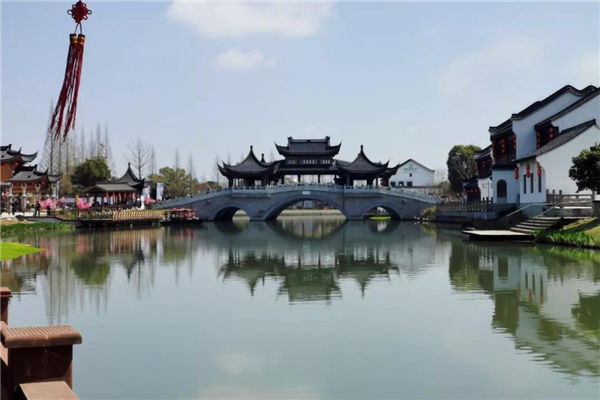 Ningbo village inspires Malawi official
Ningbo village inspires Malawi official 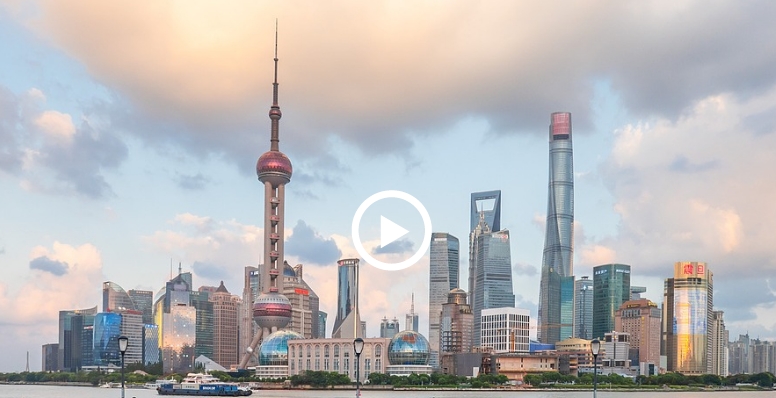 A look at China's economic data in the first three quarters of 2024
A look at China's economic data in the first three quarters of 2024 